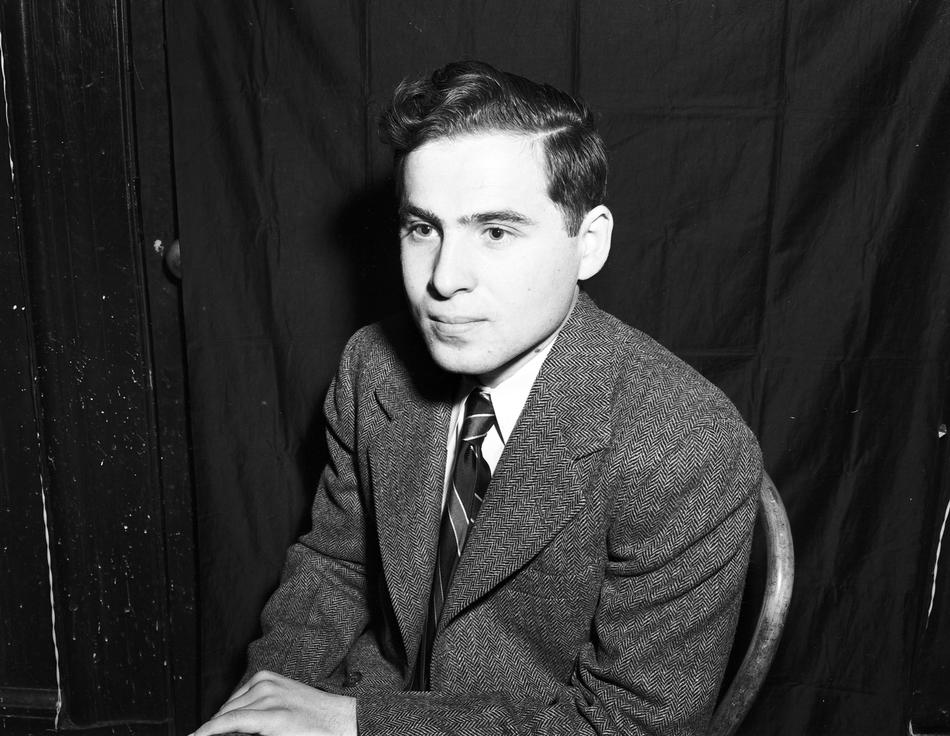Arthur Ashkin ’47CC hasn’t exactly let old age slow him down. At ninety-six, he has just won the Nobel Prize in Physics, making him the oldest person ever to be named a Nobel laureate — and he’s still actively working.
“I guess I just made it,” Ashkin told the Nobel Committee in October. “Because you can’t win if you’re dead.”
Ashkin won the prize for his invention of optical tweezers, which use laser radiation pressure to manipulate particles, atoms, viruses, and other living cells without damaging them. These tools have led to profound breakthroughs in medicine, such as the ability to separate healthy blood cells from infected ones.
Ashkin, who worked at Columbia’s Radiation Lab as an undergraduate, earned his PhD at Cornell and spent the majority of his career at Bell Laboratories.
Though he hopes to be able to travel to Stockholm to claim his award, he told the committee that he doesn’t plan to spend much time celebrating. “I’m working on something new and important — a paper on solar energy,” Ashkin said. “The world badly needs science around climate change right now.”



